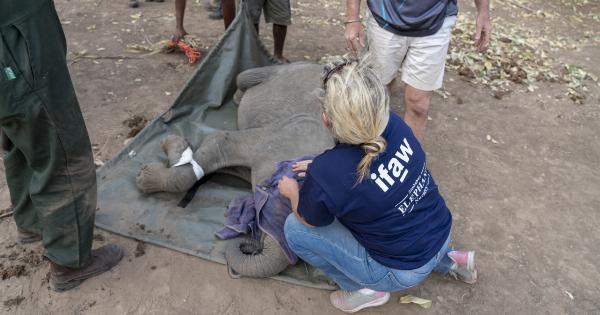When your child asks you if they can go swimming, it’s important to consider a few factors before giving them an answer. While swimming can be a fun and healthy activity, there are also potential dangers to be aware of.
Here are some things to keep in mind:.
Age and Skill Level
One of the most important things to consider is your child’s age and swimming skill level. If your child is very young or inexperienced, they may not be ready to swim without close supervision or flotation devices.
Make sure you are familiar with your child’s abilities and comfort level in the water before allowing them to go swimming on their own.
Water Safety Rules
Before going swimming, it’s crucial that your child is aware of basic water safety rules. This may include things like not running by the pool or diving into shallow water.
Make sure your child understands the importance of following these rules to avoid accidents.
Supervision
Even if your child is a strong swimmer, it’s important to ensure that they are always supervised while in or near the water.
If there are multiple adults present, you can take turns watching the children, but make sure there is always at least one person keeping an eye on them.
Weather Conditions
The weather can also play a role in whether or not it’s safe to go swimming. If there is lightning or thunder in the area, it’s best to wait until the storm passes. Strong winds or waves can also make swimming more difficult or dangerous.
Pool Conditions
Before allowing your child to swim in a pool, check to make sure it is clean and well-maintained. Look for signs of damage or wear and tear that could be hazardous to swimmers.
If you notice any issues, it may be best to avoid using the pool until they are addressed.
Health Concerns
If your child has any health concerns such as asthma or seizures, it’s important to talk to their doctor before allowing them to go swimming.
Certain conditions may require additional precautions or monitoring to ensure that your child stays safe while in the water.
Swimming Conditions
The conditions of the water may also play a role in whether or not it’s safe to go swimming. If the water is too cold, your child may be at risk for hypothermia or other cold-related illnesses.
If the water is too cloudy or murky, it may be difficult to see other swimmers or identify potential hazards.
Supplies and Equipment
Make sure you have all of the necessary supplies and equipment before heading out to go swimming. This may include items such as sunscreen, life jackets, floatation devices, and first aid supplies.
Having these items on hand can help ensure that your child stays safe while enjoying the water.
Other Swimmers
If you are swimming in a public pool or other shared space, it’s important to be aware of other swimmers in the area. Make sure your child knows how to navigate crowded areas and avoid collisions with other people in the water.
Your Own Comfort Level
Finally, it’s important to consider your own comfort level with allowing your child to go swimming. If you don’t feel comfortable for any reason, it’s okay to say no or wait until conditions are more favorable.
Your child’s safety should always be your top priority.






























